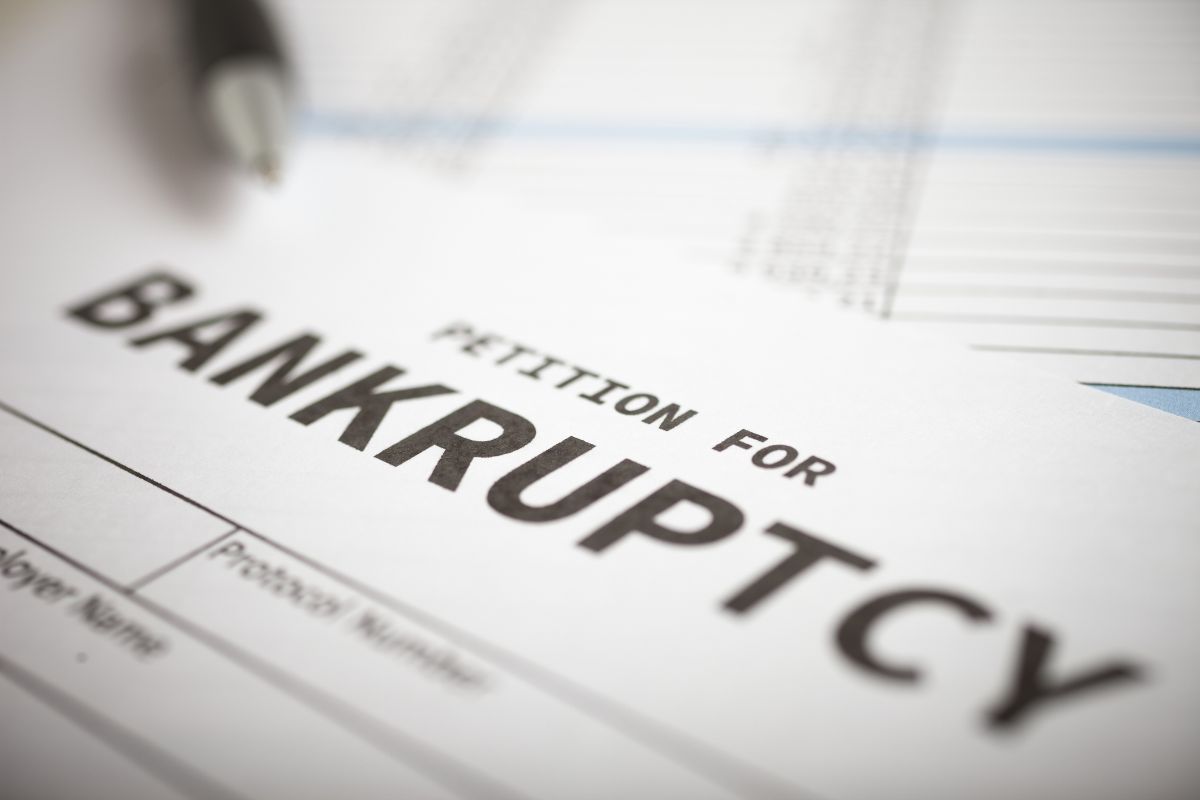When you are in serious debt, it can feel like you will never get out from under the mounting bills. The good news is that, for those who qualify, Chapter 7 and Chapter 13 bankruptcy can offer relief and a new beginning. Each has its own unique requirements and benefits. Before filing, you will want to know: What is the difference between a Chapter 7 and Chapter 13 bankruptcy?
Chapter 7 Bankruptcy
Chapter 7 is a form of bankruptcy that allows debtors to discharge their qualifying debts and start over. When a debtor files for Chapter 7 relief in the bankruptcy court, all of their non-exempt assets will be liquidated to pay their creditors. Chapter 7 qualifying debts are usually unsecured obligations such as medical bills, credit card debts, and personal loans. Chapter 7 does not extend to all unsecured debts. For instance, in California, Chapter 7 will not include unpaid child support and spousal maintenance, some taxes and fines, and debts related to criminal restitution.
The court will appoint a trustee to review the debtor’s finances, oversee the liquidation process, and make payments to creditors. The debtor will be paid any exempted amount, and the net proceeds of the liquidation will be applied to the bankruptcy debts and the trustee’s commission. Once all of the money is paid out, any remaining qualifying debts will be discharged in the bankruptcy. A Chapter 7 case can be completed in as little as three to six months.
Chapter 7 debtors can retain certain “exempt” assets during bankruptcy. Assets such as a personal residence, vehicle, and retirement accounts are usually exempt. If a debtor is still paying for an exempt asset, their obligation to make payments will continue. The debtor must be up to date on their secured debts such as a car or mortgage payment, and they will have to sign a “reaffirmation agreement” for the property. The agreement will identify the exempt asset and reflect that the debtor still owes the unpaid amount and will continue paying.
If your income is above the state median in California, you will have to pass the California Means Test to file for a Chapter 7 bankruptcy. If your income is below a certain threshold, you will be exempted from having to pass the means test and should be able to file under Chapter 7. Those who are unable to pass the test will probably have to file their bankruptcy under Chapter 13.
Chapter 13 Bankruptcy
Unlike a Chapter 7 bankruptcy that allows debtors to discharge their debts after liquidation, Chapter 13 is considered a reorganization of debts.
Chapter 13 bankruptcy allows debtors to keep their property rather than liquidating their non-exempt assets. Instead of liquidating, the Chapter 13 debtor will propose a repayment plan to pay their creditors. The plan can last for three to five years. The filer must have a regular source of income and some funds to devote to the repayment plan.
A debtor can use Chapter 13 to retain secured debt property such as a residence or car and stop interest from accruing on tax obligations. Debtors who abide by the repayment agreement can discharge all qualifying dischargeable debt at the end of the agreement term.
Like Chapter 7, Chapter 13 uses the California Means Test. However, instead of using the test to determine an income threshold, Chapter 13 uses it to calculate the debtor’s repayment amount. The total sum paid to the creditors in Chapter 13 must be as much as the creditors would have received if the debtor had filed a Chapter 7 bankruptcy. Chapter 13 also allows debtors certain exemptions for their home equity, a vehicle, personal property, and retirement accounts.
A Chapter 13 bankruptcy can be advantageous for a debtor who has property they want to keep and needs time to make up past due payments. Homeowners with equity beyond the amount allowed under their California bankruptcy exemptions may prefer Chapter 13 bankruptcy.
Depending on your situation, there can be advantages and disadvantages with either Chapter 7 or Chapter 13 bankruptcy. The best way to determine the right type of California bankruptcy for you is to meet with an experienced attorney who can help you explore your options and find the right solution for your circumstances.
Contact the Law Office of Raffy Boulgourjian
Attorney Raffy Boulgourjian is a California real estate and bankruptcy attorney with over twenty years of experience representing clients. He has the knowledge and expertise to provide you with the advice you need during your California bankruptcy case. Contact Mr. Boulgourjian today to schedule a free legal consultation to discuss your California legal needs.


